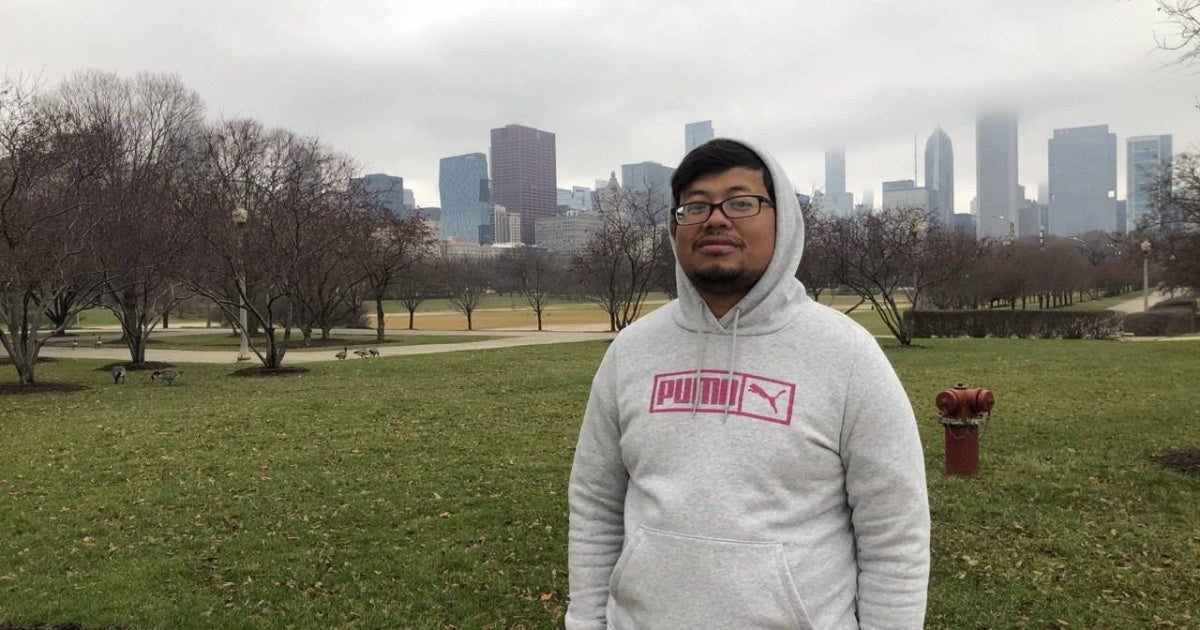(Bangkok) – Cambodian authorities have arrested and charged an award-winning journalist in apparent reprisal for his investigative journalism, Human Rights Watch said today. Mech Dara, 36, had recently reported on human trafficking and cybercrime that was critical of the government’s role.
Military police arrested Dara on September 30, 2024, while he was in his car with his family in an expressway toll line heading to Phnom Penh. A court charged him with inciting social unrest under articles 494 and 495 of the Criminal Code. Prior to his arrest, government-aligned media had labeled his recent social media posts concerning a quarry excavation as “fake news.” Local authorities had accused Dara of wanting to “cause social disorder and confusion” and called on the Information Ministry to take legal action against him.
“Arresting the award-winning journalist Mech Dara on bogus charges shows that the Cambodian government is determined to stamp out all that remains of independent media in the country,” said Bryony Lau, deputy Asia director at Human Rights Watch. “Cambodian authorities should be investigating the cyber-scam centers and other corruption uncovered by journalists and rights groups, instead of cranking up their assault on freedom of expression and the media.”
CamboJA News reported that military police in six cars arrested Dara, telling his family that they had a warrant but without explaining the charge. Dara was able to send a text message to the local rights group LICADHO to alert them of his arrest. LICADHO repeatedly responded but received no reply from Dara.
Dara’s whereabouts were unknown for about 20 hours after his arrest, when the Phnom Penh Municipal Court confirmed that he had been held since October 1 in pretrial detention in the neighboring Kandal Provincial Prison. Dara was not allowed to meet with his lawyers or relatives prior to being placed in pretrial detention and was questioned at the Phnom Penh Municipal Court that afternoon.
Dara’s lawyers said that he was charged with incitement for social media posts he made from September 20 to 29. Cambodian authorities have frequently misused incitement, which carries a maximum prison sentence of two years, to suppress critics of the government. Human rights groups, media organizations, and others jointly called for Dara’s immediate release, stating that his arrest was a “clear attempt to intimidate and silence him and other journalists.”
Cambodian authorities previously arrested Dara in 2022 after he reported on the rescue of Vietnamese nationals from an alleged cyber-scam compound in Sihanoukville. Such operations engage in online global scams through forced labor. In 2023, the US State Department acknowledged Dara’s extensive reporting on transnational trafficking and scam compounds with the Trafficking in Persons (TIP) Report Hero Award. It stated that Dara’s reporting “brought international attention and improvements in the Cambodian government’s anti-trafficking response,” and that he used social media platforms to “continue to share news content, including sharing information about human trafficking and exploitation in Cambodia.”
On September 12, the United States imposed sanctions on a Cambodian tycoon, Ly Yong Phat, his conglomerate L.Y.P. Group Co., O-Smach Resort, and three hotels owned or controlled by Ly, citing his connection to forced labor at cyber-scam centers. Despite government claims that officials have raided suspected locations, the scam centers continue to operate with impunity in Cambodia. The 2024 TIP Report also noted that ongoing corruption and official complicity in trafficking crimes remained widespread and endemic. In 2023, the Office of the UN High Commissioner for Human Rights reported that at least 100,000 people in Cambodia have been enslaved for the purpose of carrying out online scams.
The Cambodian government effectively controls all national TV and radio stations broadcasting in Khmer as well as newspapers reporting in Khmer, the national language. In February 2023, the Cambodian government effectively eliminated all vestiges of media freedom in the country by shutting down Voice of Democracy, one of the last remaining independent domestic news outlets. Much of its reporting was also unpopular with senior government officials, including coverage that also covered human trafficking of foreigners into cyber-scam operations with backing by senior ruling party officials.
Cambodian Prime Minister Hun Manet, while promising to strengthen democracy and the rule of law, has largely continued the abusive policies of his father, Hun Sen, who ruled Cambodia for almost 40 years. Despite calls by United Nations human rights experts to address the suppression of civil society and human rights defenders, he has tightened restrictions on fundamental freedoms, intensified Cambodia’s persecution of dissidents, and increased criminal penalties against peaceful dissent.
“Concerned governments should call on the Cambodian government to immediately release Mech Dara and all those wrongfully detained for exercising their rights to free expression and association,” Lau said. “Development partners should make clear to the Hun Manet government that it needs to reverse its efforts to extinguish fundamental freedoms.”



